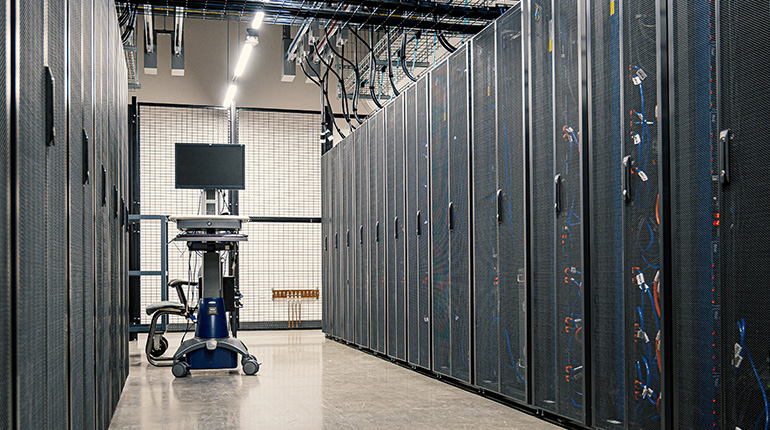Disasters can happen at any time and without warning. When a disaster hits, it is important to have a plan in place to ensure your business continuity. A data center is an essential part of any disaster recovery plan. By having a data center that can act as a backup for your primary site, you can improve your disaster recovery readiness and protect your company from data loss in the event of a catastrophic event and keep your business running.
What is a Data Center?
A data center is a facility used to house computer systems and associated components, such as telecommunications and storage systems. Data centers are critical for businesses that require uninterrupted access to data. By having a data center as part of your disaster recovery plan, you can improve your chances of recovering from a disaster quickly and effectively.
What is a Disaster Recovery Plan?
A disaster recovery plan is a documented process that outlines how a business will recover from a disaster. The plan should include steps to take in the event of a disaster, as well as contact information for key personnel. It’s important to test your disaster recovery plan regularly to ensure that it will be effective in the event of a real disaster.
Here are some of the advantages of using a data center for disaster recovery:
1. Reduced Recovery Time
By having a data center as part of your disaster recovery plan, you can reduce the amount of time it takes to get your business up and running again. A data center can provide backup for your primary site, so you can minimize downtime in the event of a disaster.
2. Improved Data Availability
A data center can maintain your company’s data while you are recovering from a disaster. This means that you will not lose any valuable information in the event of a disaster.
3. Reduced Costs
By using a data center for disaster recovery, you can save money on hardware and software expenses. A data center provides all the necessary infrastructure, so you do not have to invest in additional hardware or software.
4. Reduced Business Downtime
Having a data center as part of your disaster recovery plan can help reduce the amount of time your business is down in the event of a disaster. This means that you can continue to operate your business even during a disaster.
5. Improved Compliance
A data center can help improve your compliance with regulatory requirements. By having a data center that is compliant with regulatory requirements, you can ensure that your business complies with these regulations.
6. Improved Customer Service
A data center can help improve your customer service by providing uninterrupted access to data. This means that you can continue to serve your customers even in the event of a disaster.
7. Improved Brand Image
A data center can help improve your company’s brand image by providing uninterrupted access to data. This means that you can continue to provide your customers with the high-quality service they expect from you.
8. Reduced Risk of Data Loss
A data center can help reduce the risk of data loss in the event of a disaster. By having a data center as part of your disaster recovery plan, you can ensure that your company’s data is safe and secure.
Conclusion
Data centers offer many advantages for disaster recovery, including reduced recovery time, improved data availability, and reduced costs. By choosing a data center for your disaster recovery needs, you can improve your business continuity and keep your organization running smoothly during challenging times.
If you are looking for a reliable partner to help you with your disaster recovery planning, SMS Datacenter is here to help. We have years of experience in providing world-class data center services that ensure your business stays up and running no matter what happens. Contact us today to learn more about our services and how we can help you prepare for a disaster.

